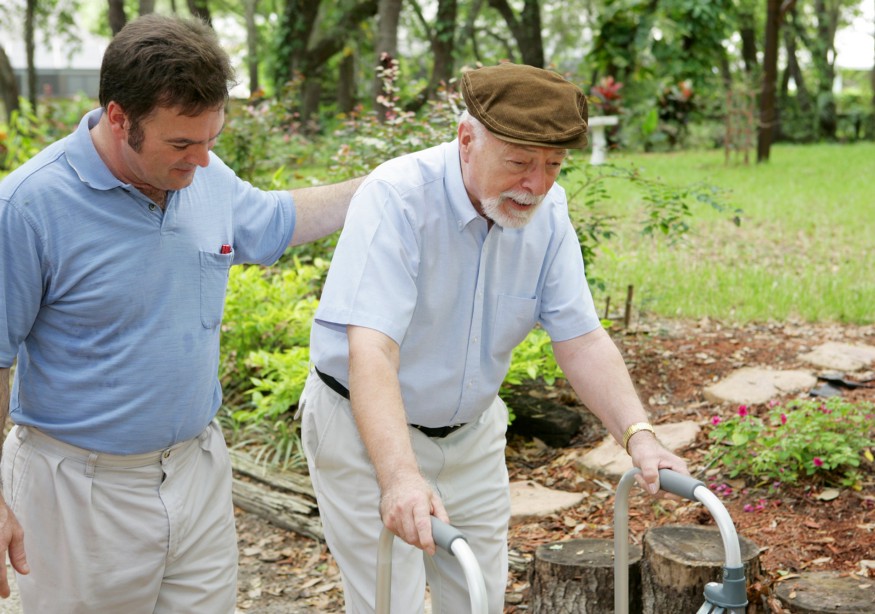Tips for Maintaining High Quality of Life with Deteriorating Health
Deteriorating health is common among the aging population. Declining health doesn’t mean that you can’t live as healthily and happily as possible, though. There are so many things you can do to improve and maintain high quality of life as you age, even with a serious health condition.
How to maintain high quality of life with deteriorating health:
1. Eat Well
Eating well is critical if you want to maintain high quality health. As you age, there might be a decreased metabolism, slower digestion, and changes in your senses of smell and taste. All these can have a huge affect on the foods you eat, your appetite, and how your body processes the food you eat. But despite of these changes, you should understand that healthy eating is more important to you now than ever. Proper nutrition is the only way to maintain good health and energy. Avoid refined carbs and sugary foods. Instead, eat high fiber vegetables, fruits, and whole grains.
2. Get Plenty of Sleep
Lack of sleep can worsen your health condition and make you even more susceptible to other diseases. Getting enough sleep will go a long way in ensuring that your quality of life remains high. If you are experiencing insomnia, sleep apnea, or any other sleep problems, see your doctor. Make sure that your bedroom is cool, dark and quiet. Playing some calm music or taking a bath before you go to bed can act as a soothing bedtime ritual and will help you sleep soundly throughout the night.
3. Take Medications as Required
You may have some known health condition that requires medication. Many of us do. To manage your health condition and to maintain high quality of life, always take your medications as recommended by your doctor. In case you notice that your condition is worsening, you should contact your doctor immediately, and if necessary, make a plan to change how or when you take your prescription with them.
4. Exercise
According to recent studies, regular exercise is actually the number one contributor to good health and longevity. Exercise doesn’t just add more years on earth, but it also adds quality of life to those years. Exercise boosts your mental health and will help you maintain your physical strength and agility. It also increases vitality and improves sleep. What’s more, sleep also helps diminish chronic pain. Regular exercise can also have a positive effect on your brain, helping prevent cognitive decline, memory loss, and dementia.
5. Get a Change of Scenery
If you’re going to go through these changes at home, you might as well do so in a beautiful setting instead. Take advantage of mobility devices, prescription glasses, heating pads, hearing aids, and whatever other tools you can to let you out of the house comfortably. Bring a friend with you in case you need any assistance, and for good company. Just being under the sky, in your favorite restaurant, or cruising a museum in a wheelchair can bring a lightness of heart that can’t be found on the couch.
6. Find Meaning in Your Life
The ability to continuously find meaning and happiness in life is a major component in the recipe for happy and healthy aging. With deteriorating health, your life changes as you age, and you may find yourself losing hope. Engage in activities that give you purpose in life and do things that make you happy. Start a gratitude journal or set aside a gratitude reflection time daily. This will help you remain positive through any health challenges you face. Positivity can have a huge positive effect on your general health and even reduce chronic pain.
Originally published at https://healthaiminc.com on April 21, 2019.

HYGGE AIM, Inc dba mihygge
Copyright 2020
